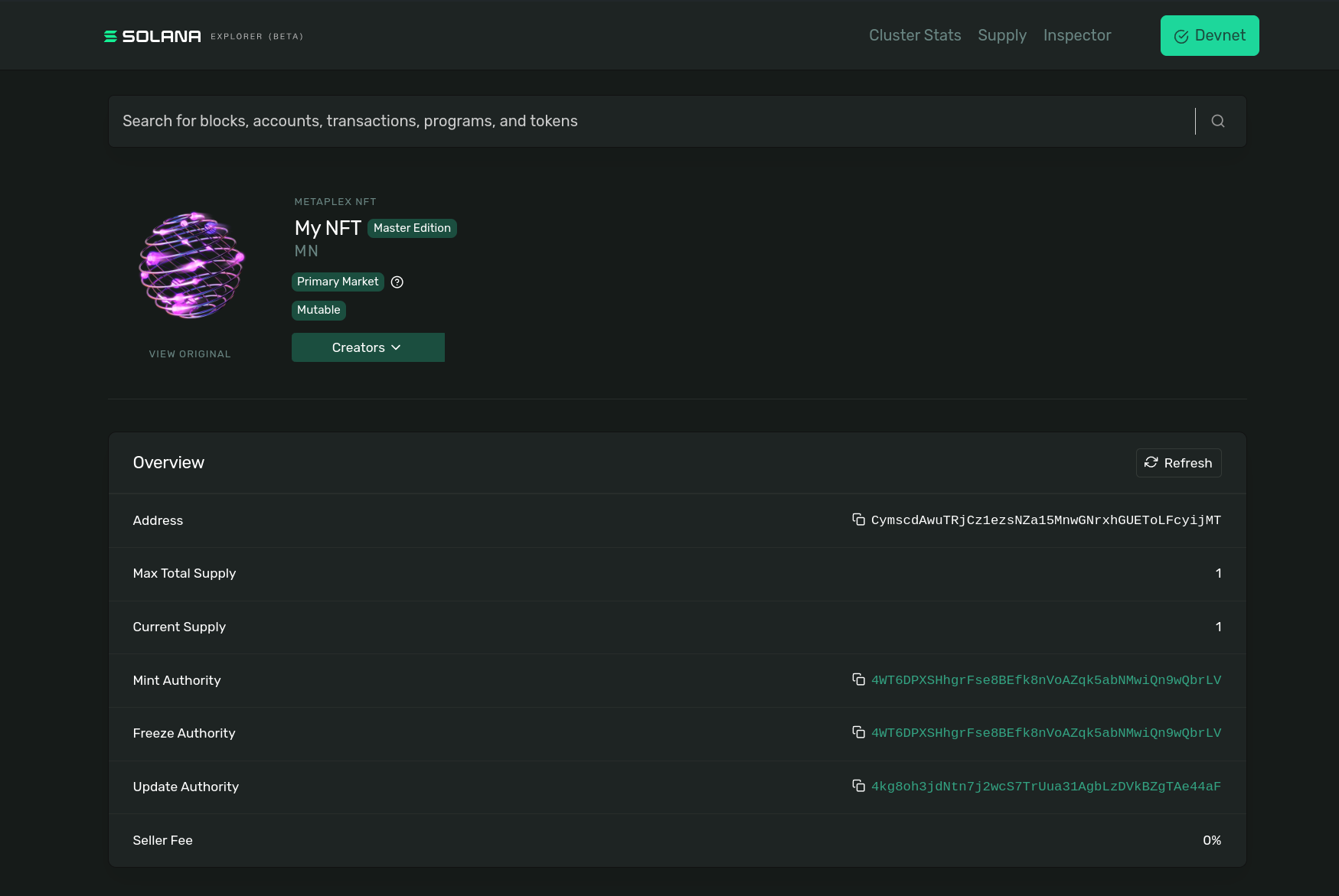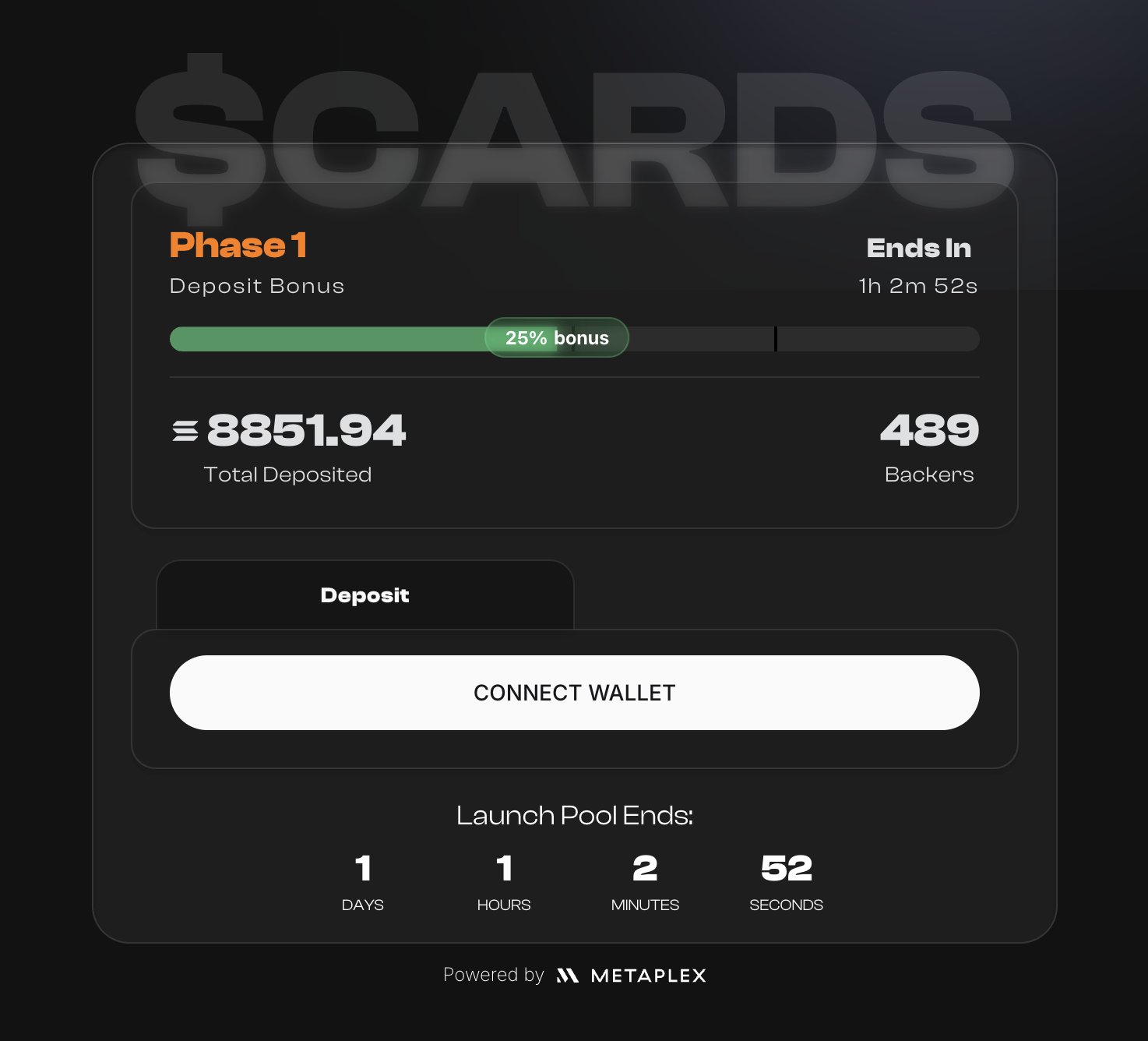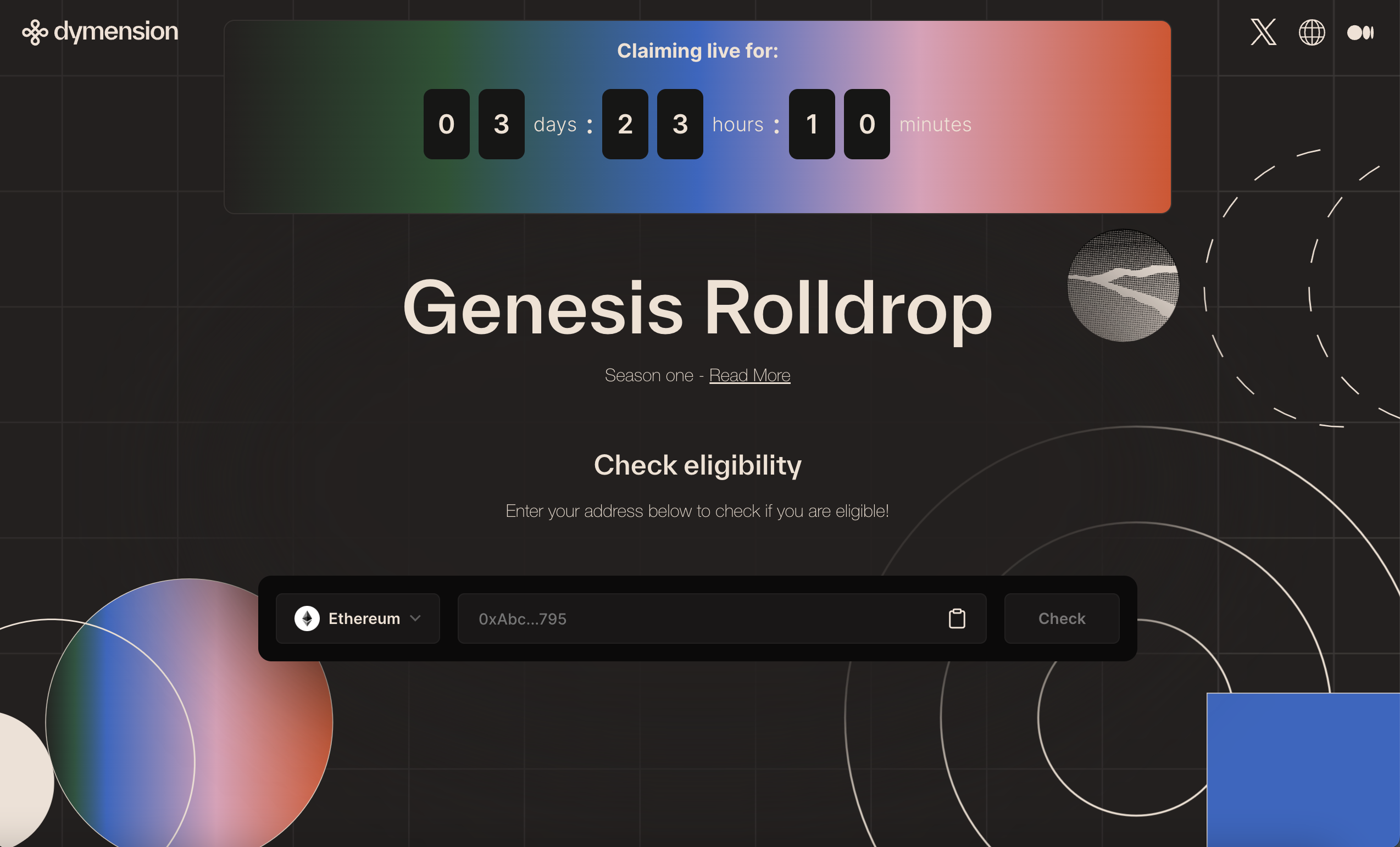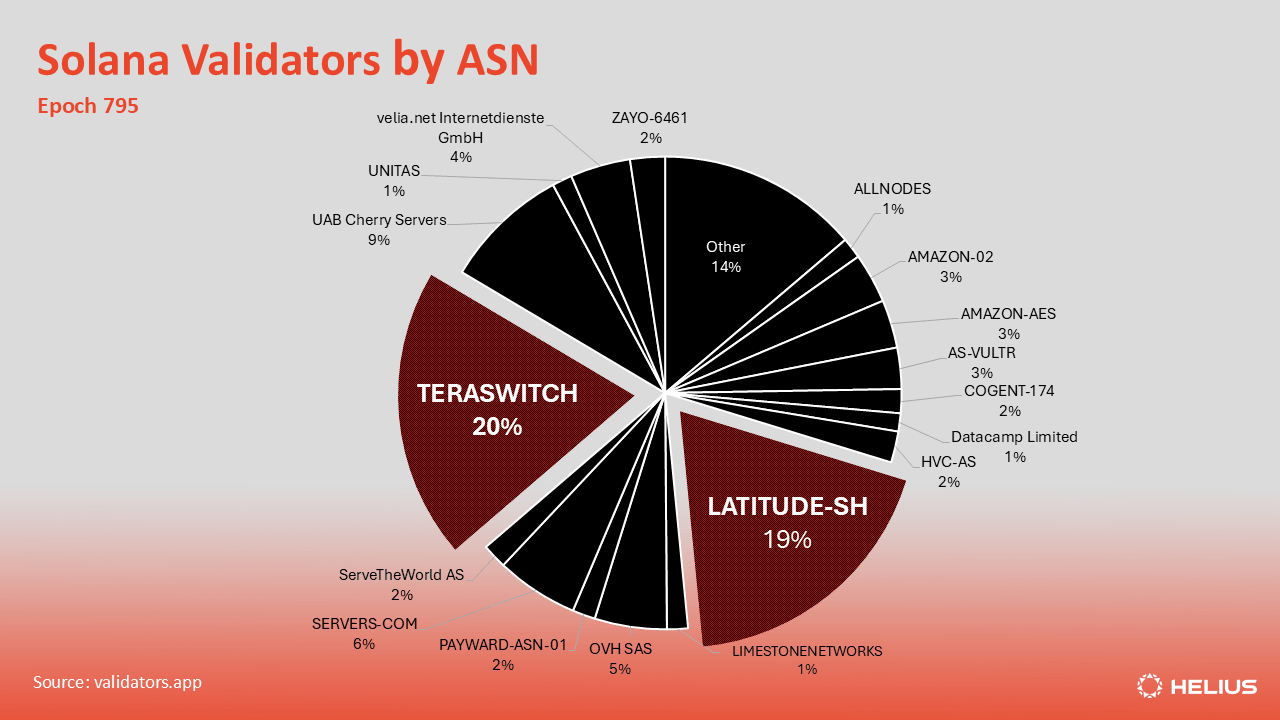Solana’s ecosystem is no stranger to innovation, but the arrival of Metaplex’s Genesis protocol in July 2025 marks a pivotal leap for token launches on the network. If you’ve ever participated in a presale or tried to snag a new Solana token, you know the pain points: front-running bots, opaque allocations, and chaotic liquidity. Genesis is laser-focused on fixing these issues with a transparent, customizable onchain framework, ushering in what many are calling the “Onchain Token Offering” (OTO) era.

Why Solana Needed Genesis: Breaking Down Old Token Launch Problems
The average Solana launch before Genesis was a wild west of unpredictable mechanics. Projects cobbled together launchpads or custom contracts, often leaving investors exposed to sniping bots and unclear vesting schedules. With SOL currently trading at $200.70, the stakes for transparent and fair launches have never been higher.
Metaplex, already powering 99% of NFT and token issuance on Solana, saw this gap and delivered Genesis, a fully audited smart contract suite that standardizes how tokens are launched. The result? No more guessing games about allocation or hidden team wallets. Every step from presale to liquidity is verifiable onchain.
Core Features of the Solana Genesis Protocol
Genesis isn’t just another launchpad, it’s an entire toolkit designed for flexibility and fairness. Here’s what sets it apart:
Key Features of Genesis Protocol for Solana Tokens
-

Configurable Launch Mechanics: Genesis enables projects to choose between fixed-price presales, launch pools, and auctions, providing full control over token distribution strategies.
-

Fair Launches: Time-based pools and auctions are designed to prevent front-running and sniping, ensuring all participants have a fair chance to acquire tokens.
-

Transparent Token Economics and Vesting: All token allocations, vesting schedules, and distributions are visible and verifiable onchain, giving participants equal access to critical information.
-

Airdrop and Claim Mechanisms: Genesis streamlines distribution with onchain airdrops and claim processes, efficiently synchronizing token delivery with launch events and liquidity migration.
-

Liquidity Management: Projects can allocate proceeds directly to onchain liquidity on leading DEXs, supporting stable and fair post-launch trading environments.
1. Configurable Launch Mechanics: Projects can choose between fixed-price presales, dynamic launch pools, or even full-blown auctions. This means teams can tailor their distribution strategy to their community, not just copy-paste what worked for someone else.
2. Fair Launch Pools and Auctions: By using time-based pools and auction formats, Genesis neutralizes front-running and bot sniping, giving real users a fair shot at allocation.
3. Onchain Transparency and Vesting: All token economics are visible in real time on the blockchain. Vesting schedules aren’t buried in blog posts, they’re enforced by code you can audit yourself.
Read more about Metaplex’s vision for transparent launches.
Genesis In Action: Early Adopters Set New Standards
The impact of Genesis is already visible across Solana’s most ambitious projects. DeFiTuna’s $TUNA presale sold out in under four minutes, a testament to demand when participants trust the process is fair. Portals raised $630,000 in just 11 seconds using Genesis-powered mechanics.
This isn’t hype, it’s measurable progress towards making token launches accessible to both small indie teams and major DeFi protocols alike.
What’s remarkable is how Genesis lets founders focus on building, rather than wrangling with bespoke contracts or worrying about launch-day exploits. By leveraging Solana’s speed and negligible fees, Genesis enables launches that are not only fair but also scalable to thousands of participants, without the gas wars that plague other chains.
Visual Guide: The Genesis Launch Flow
Let’s break down a typical token launch using the Solana Genesis protocol. The process is streamlined, secure, and designed for maximum confidence:
Step 1: Project configures launch parameters, price, pool type, vesting schedule, all via an intuitive dashboard.
Step 2: Smart contracts are deployed and audited automatically. Every detail is visible onchain.
Step 3: Community members participate in the sale using their wallets, with anti-bot protections built in.
Step 4: Tokens are distributed transparently according to the preset rules; vesting and airdrops happen seamlessly.
Step 5: Proceeds can be routed directly into liquidity pools on top DEXs, eliminating post-launch chaos.
This level of clarity empowers retail investors who might otherwise be sidelined by whales or bots. Plus, developers can integrate Genesis into their own dApps or launchpads for even more tailored experiences.
Ecosystem Impact: A New Standard for Customizable Solana Tokens
The ripple effect is already being felt across the Solana ecosystem. With SOL holding strong at $200.70, confidence in fair launches is fueling increased participation and innovation. Launchpads are integrating Genesis as their backend engine, while independent projects now have access to institutional-grade tools without needing teams of Solidity engineers.
- For founders: Faster time-to-market, lower risk of exploits.
- For communities: Verifiable fairness and clear tokenomics.
- For traders: Transparent launches mean fewer rugs and more credible opportunities.
The protocol’s open architecture also means we’ll see new mechanics emerge, think gamified auctions or community-driven allocations, without sacrificing security or compliance.
Looking Ahead: What Comes Next?
If you’re watching for the next wave of memecoins or DeFi gems on Solana, understanding how Genesis works is non-negotiable. Expect more projects to adopt this standard as the ecosystem matures, and expect copycats on other chains to follow suit.
The bottom line? Metaplex’s Genesis protocol isn’t just raising the bar; it’s rewriting the rulebook for token launches in crypto’s most dynamic ecosystem. If you’re building, trading, or collecting on Solana in late 2025 and beyond, this is your new baseline for trust.







